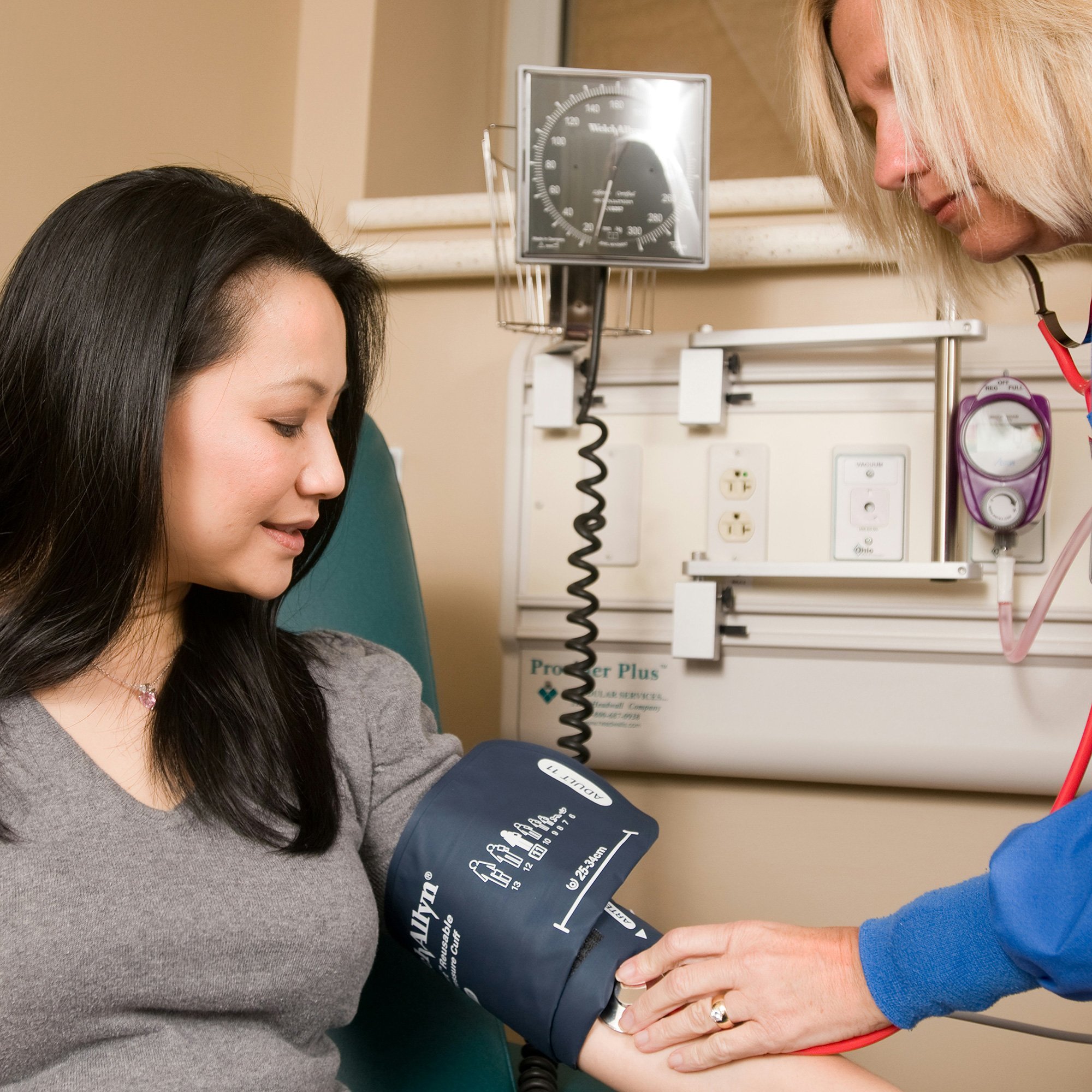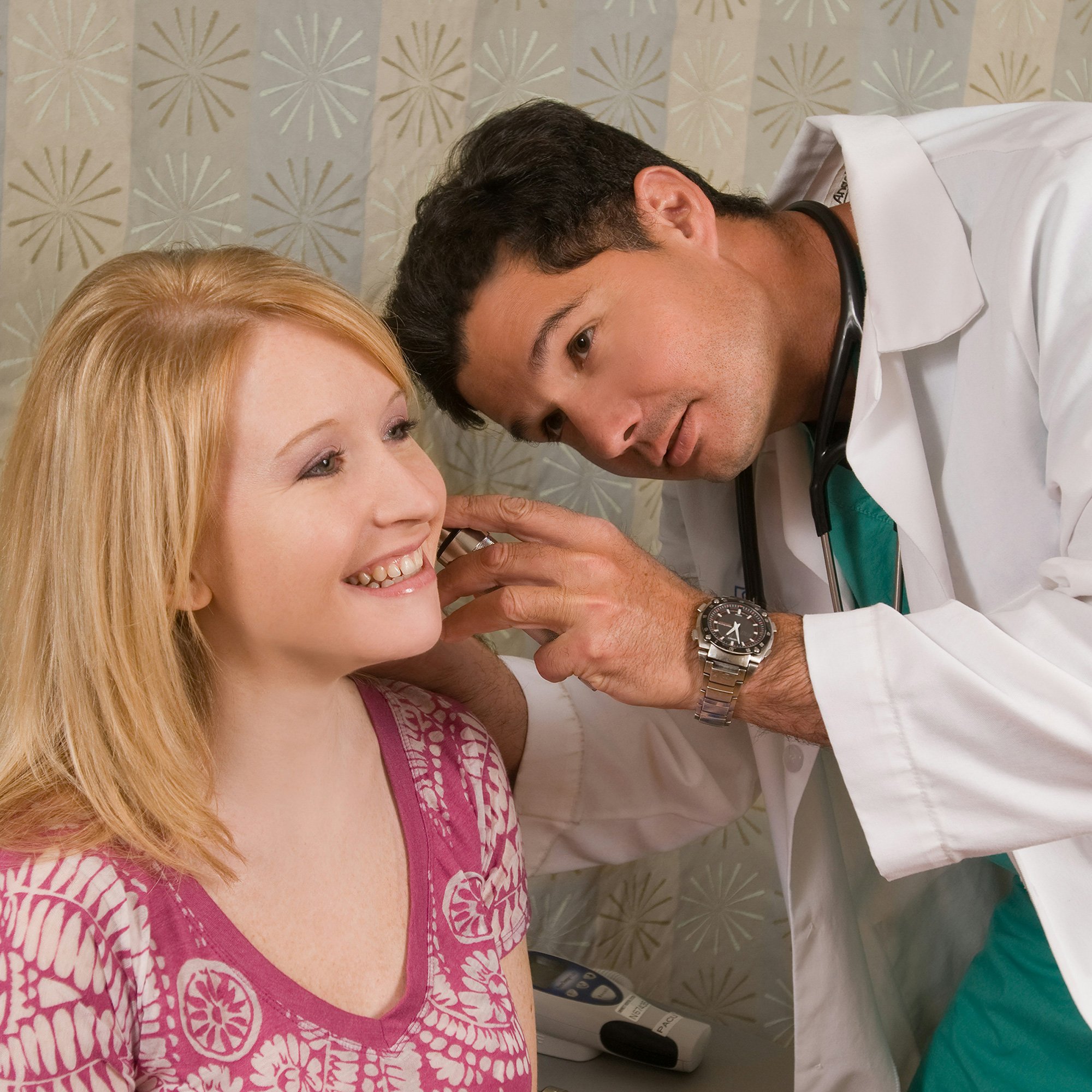Postpartum Hypertension: What Every Mother Should Know
New mothers are usually more concerned about their babies and recovery after giving birth, but their own health, especially blood pressure, should not be ignored. Postpartum hypertension, or high blood pressure following childbirth, can lead to serious complications if not treated in the right manner. This blog post is all about high blood pressure after pregnancy as well as its potential causes, risk factors, symptoms, and treatment options. By being informed and taking action, new mothers can take better care of their health and well-being after giving birth.
Understanding Postpartum Hypertension
Postpartum hypertension is an increase in blood pressure after delivery, which may occur even in women with blood pressure within normal ranges during pregnancy. This condition is different from other hypertensive conditions, such as gestational hypertension and preeclampsia that occur during pregnancy.
Although post-pregnancy high blood pressure tends to occur within six weeks of giving birth, it may last longer. Hypertension postpartum has severe health issues if not treated, and thus early diagnosis and regular monitoring are required.
Types of Postpartum Hypertension
- Primary Postpartum Hypertension: This occurs following delivery with no history of high blood pressure and can spontaneously disappear.
- Secondary Postpartum Hypertension: This takes place when there is an underlying condition like pre-eclampsia or renal disease that causes the blood pressure to rise.
Both need to be watched out for and treated early to avoid any complications.
Causes and Risk Factors
There are a lot of factors responsible for increased blood pressure after delivery, and some women have a higher likelihood of being so than others. These are a few of the common causes and risk factors:
Causes
- Hormonal Changes: After giving birth, hormonal changes can affect blood pressure and fluid levels in the body, which may contribute to postpartum hypertension
- Fluid Shifts and Volume Changes: Postpartum fluid shifts can influence blood pressure homeostasis.
- Pre-existing Disease: Women with pre-eclampsia or pre-existing renal disease are at higher risk for postpartum hypertension.
Risk Factors
- History of Pregnancy-Induced Hypertensive Disorders: Women with preeclampsia or gestational hypertension are at high risk of developing high blood pressure after delivery.
- Obesity: Obesity or being overweight is a risk factor for the development of high blood pressure after pregnancy.
- Multiple pregnancies: Delivering twins, triplets, and more may put one at higher risk of developing high blood pressure after delivery.
- Older Mother Age: Women above 35 years of age may be at higher risk.
- Family History of Hypertension: A history of hypertension in your family may raise your risk of postpartum hypertension.
Understanding these causes and risk factors can motivate new mothers to take the right steps in looking after their health after giving birth.
Signs and Symptoms to Watch For
Postpartum hypertension may sometimes occur without any prominent symptoms, so monitoring is important. Nevertheless, some signs may signal high blood pressure following pregnancy. Watch out for:
- Severe Headaches: These could be frequent or severe.
- Visual Disturbances: Spots or dizziness is a sign of high blood pressure.
- Chest Pain or Shortness of Breath: These are call-for-immediate-care symptoms, as they may mean that there's a life-threatening complication such as a heart attack or stroke.
- Swelling of Face and Hands: Although some swelling occurs after childbirth, large or sudden swelling may be a sign.
- Nausea or Vomiting: They can be accompanied by high blood pressure or other serious illnesses.
Symptoms are not present in some women, and therefore follow-up visits and blood pressure monitoring are important after delivery.
Possible Complications
- Postpartum high blood pressure if left untreated, may result in some serious complications, including:
- Stroke: High blood pressure damages the blood vessels, and it can cause a stroke.
- Heart Attack: Chronic hypertension puts extra burden on the heart and may result in a heart attack.
- Pulmonary Edema: Fluid buildup in the lungs may result in shortness of breath.
- Eclampsia: It induces seizure and may result if high blood pressure after pregnancy is not controlled.
- Organ Damage: Kidney and liver are especially susceptible to organ damage due to uncontrolled high blood pressure.
The need to seek medical attention in time cannot be overemphasized, as it can hinder such severe consequences.
Diagnosis and Monitoring
Diagnosis of postpartum high blood pressure is established on the basis of routine monitoring of blood pressure after weeks of delivery. Normally, medical professionals will:
- Monitor Blood Pressure Routinely: Blood pressure during postpartum check-ups must be monitored in order to identify any trouble at an early stage.
- Do Laboratory Tests: Laboratory tests analyze kidney and liver function, which may be affected due to elevated blood pressure.
- Urinalysis: A urine test to detect the presence of protein in urine, which signifies kidney problems.
If your blood pressure is elevated, your physician may recommend checking your blood pressure at home, using a home blood pressure cuff, to track your readings between visits.
Treatment Options
Management of high blood pressure after pregnancy is based on the severity of the condition. The following are some of the common practices:
Mild Cases
- Lifestyle Changes: Lifestyle changes such as dietary changes and other physical exercise can be beneficial in mild high blood pressure.
- Dietary Changes: Lessen the sodium content and concentrate the diet on higher fruits, vegetables, whole grains, and low-fat protein.
- Exercise: Regular exercise, with your doctor's consent, can keep blood pressure and overall cardiovascular function stable.
Severe Cases
- Medication Management: Medication to reduce blood pressure may be given for severe postpartum hypertension. Some are safe when breastfeeding, but discuss any medication with your doctor before taking it.
- Beta-Blockers or ACE Inhibitors: These meds can work just fine to manage blood pressure.
- Diuretics: Diuretics can be administered in certain situations to decrease water accumulation and decrease blood pressure.
It is important that treatment plans are individualized and drawn up under the supervision of your doctor to maintain the safety of both mother and infant, particularly during lactation.
Preventive Measures and Lifestyle Recommendations
Preventing high blood pressure after giving birth and promoting overall cardiovascular health is possible with some key lifestyle practices:
- Balanced Diet: A diet rich in fruits, vegetables, and whole grains can help manage weight and blood pressure.
- Physical Activity: Engaging in regular physical activity, such as walking or swimming, can support heart health.
- Limiting Sodium: Reducing your intake of processed foods and adding less salt to your meals can help lower blood pressure.
- Avoiding Tobacco and Limiting Alcohol: Smoking and excessive alcohol consumption can elevate blood pressure, so it’s essential to avoid or limit these substances.
- Stress Management: Techniques like yoga, mindfulness, and deep breathing can reduce stress and help manage blood pressure.
- Preconception Counseling: Managing existing health conditions like obesity or pre-existing hypertension before future pregnancies can help prevent complications.
Conclusion
Postpartum hypertension is a serious condition that can develop after giving birth and requires attention and management to prevent complications. Understanding the causes, symptoms, and treatment options can help new mothers protect their health and well-being during the postpartum period. If you experience high blood pressure after giving birth, speak with your healthcare provider to develop an individualized treatment plan and ensure the best possible outcome for both you and your baby.
FAQs
What is postpartum hypertension?
Postpartum hypertension refers to high blood pressure that occurs after childbirth, often within the first six weeks, and requires careful monitoring and treatment to prevent complications.
Can high blood pressure after pregnancy affect breastfeeding?
Yes, some medications for high blood pressure can be safe for breastfeeding mothers, but it's important to consult your healthcare provider before taking any medication.
What are the risk factors for postpartum hypertension?
Risk factors include a history of high blood pressure during pregnancy, obesity, multiple pregnancies, advanced maternal age, and a family history of hypertension.
How is postpartum hypertension diagnosed?
It is diagnosed through regular blood pressure monitoring, laboratory tests to assess kidney and liver function, and urinalysis to check for protein in the urine.
When should I seek medical attention for high blood pressure postpartum?
Seek immediate medical help if you experience severe headaches, chest pain, shortness of breath, visual changes, or significant swelling, as these can indicate serious complications.

